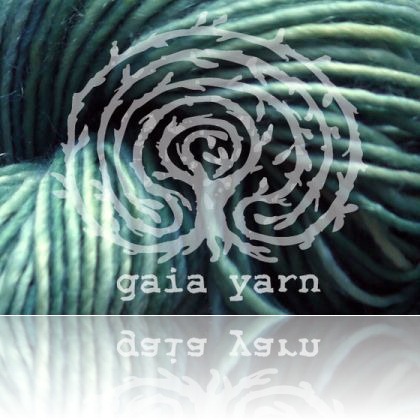The Green movement needs to rethink its philosophy from the ground-up. That’s according to Peter Kareiva, a leading conservation expert and chief scientist for The Nature Conservancy, the world’s biggest environmental group.
It must abandon the idea that nature is “feminine” and in particular that it’s “fragile”, he said, because not only is this artificial, it’s wrong, and so many bad ideas follow.
When people believe that a fragile “Mother Nature” is harmed by anything humans do, it’s actually the humans who suffer, Kareiva argues in the co-written essay called Conservation in the Anthropocene.
Environmentalism is now dominated by “misanthropic, anti-technology, anti-growth, dogmatic, purist, zealous, exclusive pastoralists” – says Kareiva. Greenpeace’s co-founder Patrick Moore made similar points in an interview here.
The modern environmental movement views every human action – from fracking to flying – as both intrinsically evil and irreversibly harmful. But this is an artificial view, one generated out of convenience, says Kareiva. “The notion that nature without people is more valuable than nature with people and the portrayal of nature as fragile or feminine reflect not timeless truths, but mental schema that change to fit the time,” the authors write.


